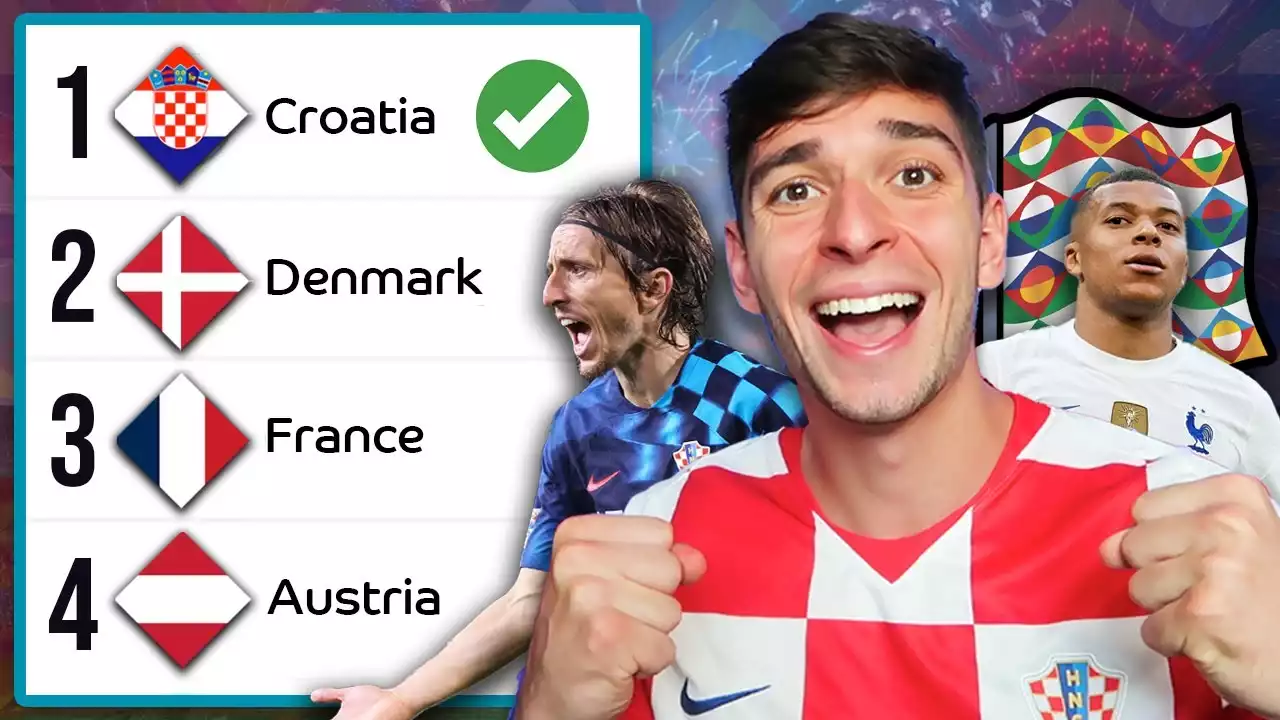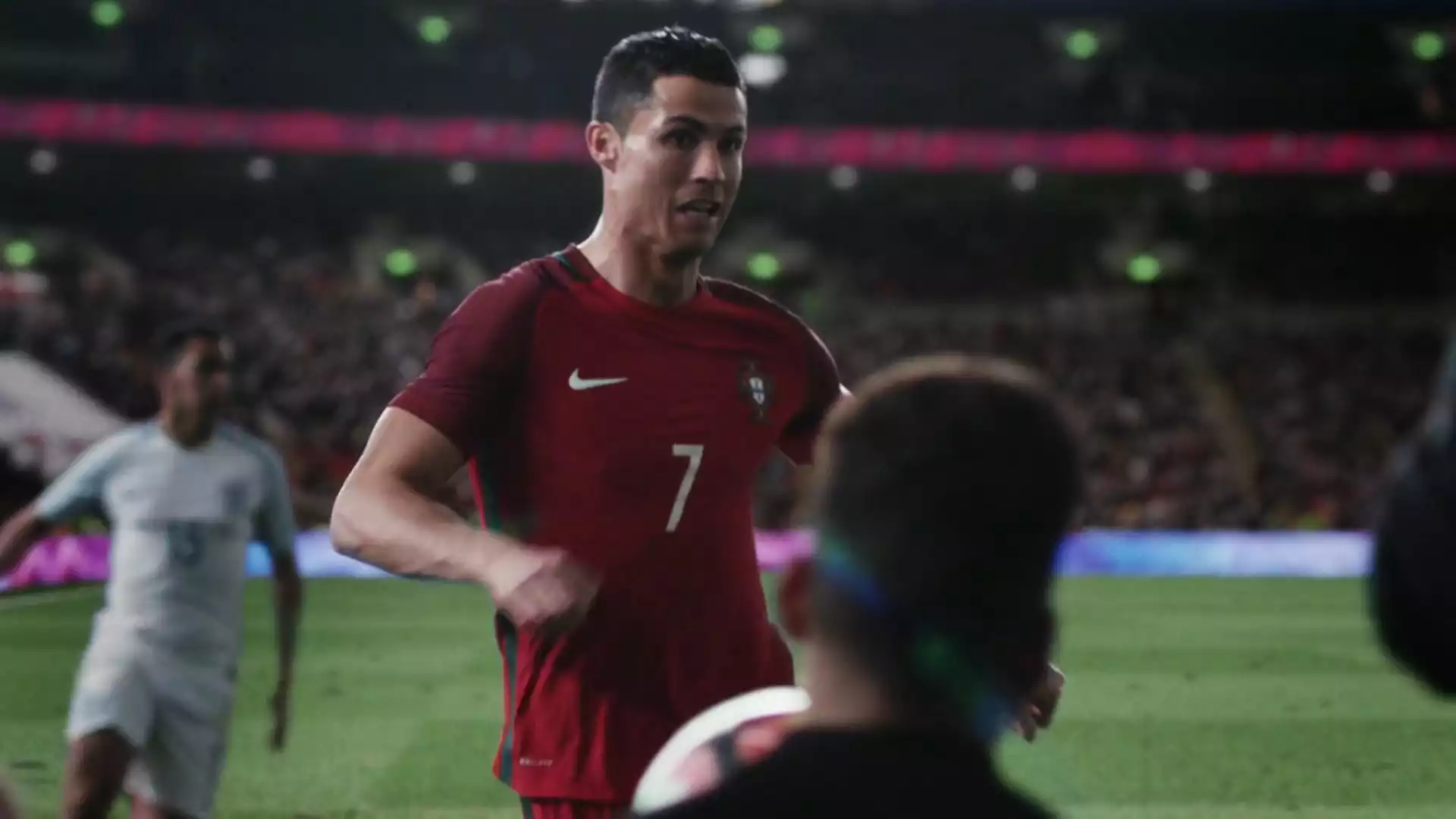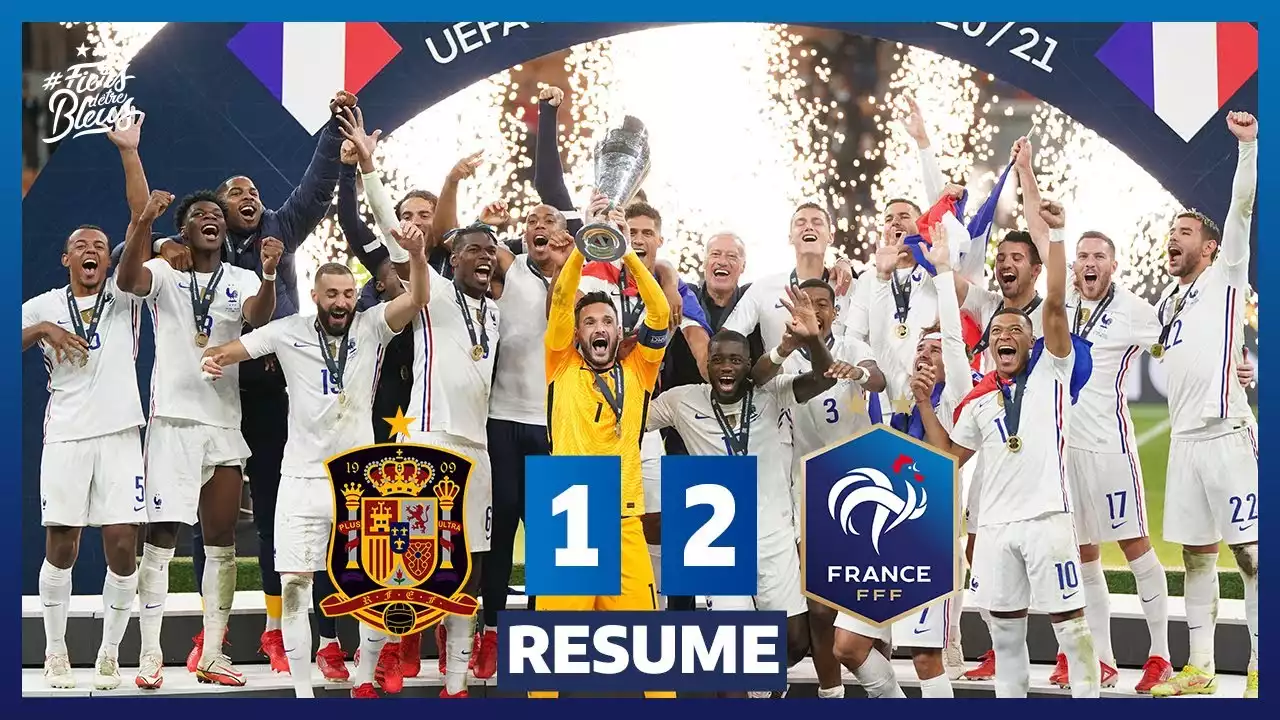What is the UEFA Nations League?
The UEFA Nations League is a biennial international football competition organized by the Union of European Football Associations (UEFA). It serves as an alternative to the traditional friendly matches that were often seen as unimportant and lacked the intensity of competitive fixtures. The tournament features all 55 UEFA national teams, divided into four leagues (A, B, C, and D) based on their rankings.
The teams within each league are further divided into groups, with the winners of each group advancing to the knockout stage. The competition culminates in a final match to determine the overall winner of the UEFA Nations League.
The purpose and goals of the UEFA Nations League
The UEFA Nations League was created with several key goals in mind. One of the primary objectives was to provide more meaningful matches for national teams, eliminating the often lackluster nature of friendly games. By introducing a competitive format, the tournament aims to increase fan engagement and generate excitement among football enthusiasts.
Additionally, the UEFA Nations League offers a pathway for teams to qualify for the UEFA European Championship. It provides an opportunity for lower-ranked teams to compete against stronger opponents, helping to bridge the gap between nations and foster growth and development within the sport.
How the UEFA Nations League was created
The idea for the UEFA Nations League first emerged in 2011 as a response to the declining interest in international friendlies. It took several years of discussions and planning before the tournament became a reality. The primary objective was to create a competition that would capture the attention of fans and provide a competitive platform for national teams.
UEFA conducted extensive research and consultations with stakeholders, including national associations and the players' union. The format and structure of the tournament were carefully designed to ensure fairness and balance among participating teams.
Format and structure of the UEFA Nations League
The UEFA Nations League features a unique format that sets it apart from other international football competitions. As mentioned earlier, the participating teams are divided into four leagues (A, B, C, and D) based on their UEFA rankings. Each league is further divided into groups, with teams playing home and away matches against each other.
The winners of each group in League A qualify for the Nations League Finals, where they compete for the title. Meanwhile, the teams at the bottom of each group in League A are relegated to League B, while the winners of each group in League B are promoted to League A for the next edition of the tournament.
The same promotion and relegation system applies to the other leagues, ensuring that teams are constantly challenged and have the opportunity to progress. This unique structure creates a sense of competitiveness throughout the tournament, making every match meaningful and exciting.
Key teams and players in the UEFA Nations League
The UEFA Nations League brings together some of the best national teams and players in European football. Powerhouses like Germany, France, Spain, and Italy regularly participate in the tournament, showcasing their skills and competing against other top-tier teams.
Not only does the UEFA Nations League provide a platform for established footballing nations, but it also offers an opportunity for smaller nations to make a mark on the international stage. Teams like Iceland, Wales, and Switzerland have displayed impressive performances in the tournament, proving that football's unpredictability can lead to exciting upsets and underdog stories.
The tournament also serves as a platform for individual players to shine. Stars like Cristiano Ronaldo, Harry Kane, and Kylian Mbappe have showcased their talents and led their respective national teams to success in the UEFA Nations League.
Impact of the UEFA Nations League on international football
Since its inception, the UEFA Nations League has had a significant impact on international football. It has breathed new life into international fixtures, with matches becoming more intense, competitive, and meaningful. Gone are the days of dull friendly games, as fans are treated to exciting encounters between evenly matched teams.
The tournament has also provided a platform for lesser-known teams to gain exposure and improve their rankings. By playing against higher-ranked opponents, these teams have the opportunity to test themselves and raise their level of play. This increased competitiveness has led to more tactical and strategic football, benefiting both players and fans.
Moreover, the UEFA Nations League has helped address the issue of fixture congestion. Previously, national teams struggled to find meaningful opponents for friendly matches, leading to a crowded international calendar. With the introduction of the tournament, teams now have a structured competition to participate in, reducing the need for numerous friendlies.
Success and controversies of the UEFA Nations League
The UEFA Nations League has been largely successful in achieving its intended goals. It has captured the imagination of fans, generated excitement, and provided a competitive platform for national teams. The tournament has also been well-received by players and coaches, who appreciate the increased competitiveness and meaningfulness of matches.
However, like any major sporting event, the UEFA Nations League has not been without its controversies. One of the main criticisms is the potential for player fatigue, as the tournament adds additional matches to an already busy schedule. Some argue that this could lead to injuries and burnout, particularly for players who feature in both domestic and international competitions.
Another point of contention is the promotion and relegation system, which has been criticized for potentially creating an imbalance between the lower and higher leagues. Critics argue that teams in the lower leagues may struggle to compete against stronger opponents if they are consistently relegated and promoted.
Despite these controversies, the UEFA Nations League has largely been seen as a positive development for European football. It has injected new excitement into international matches, revitalized the competition, and provided a platform for teams to grow and improve.
The future of the UEFA Nations League
As the UEFA Nations League continues to evolve, its future looks promising. The tournament has successfully established itself as a key fixture in the international football calendar, with fans eagerly anticipating each edition. The format and structure of the tournament are likely to remain intact, providing stability and familiarity for players, teams, and fans.
Furthermore, the UEFA Nations League is expected to continue driving the growth of football in Europe. Smaller nations will have more opportunities to compete against stronger opponents, leading to increased development and competitiveness across the continent. This will also help bridge the gap between larger and smaller footballing nations, creating a more balanced and inclusive landscape.
Comparisons with other international football competitions
When comparing the UEFA Nations League to other international football competitions, several distinct features stand out. Unlike the FIFA World Cup and the UEFA European Championship, which are held every four years, the Nations League takes place biennially. This frequent scheduling ensures a regular dose of high-quality international football for fans.
Additionally, the UEFA Nations League offers a unique format that combines the excitement of a league system with knockout matches. This blend of formats ensures that every game is meaningful, leading to increased competitiveness and intensity.










